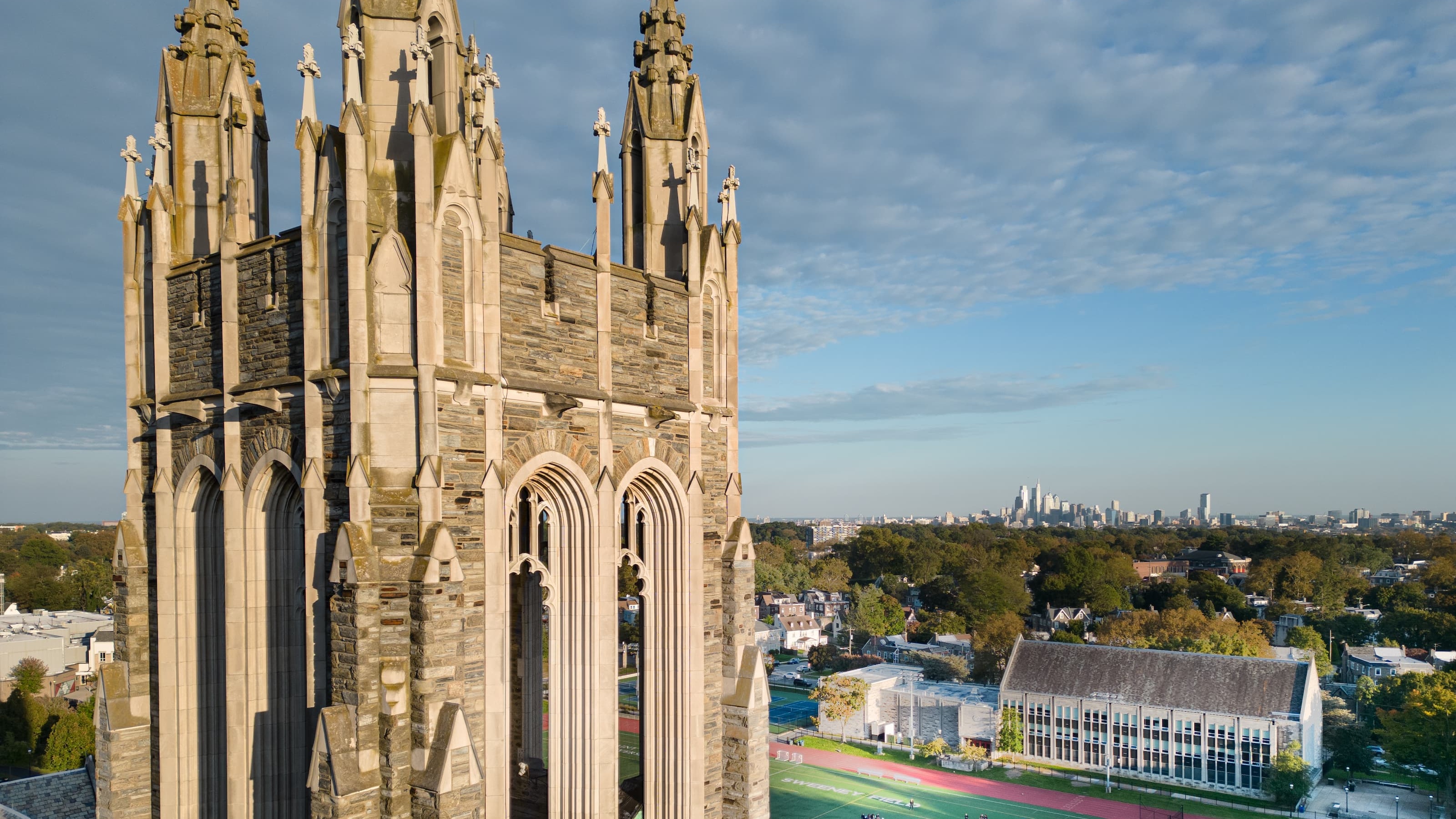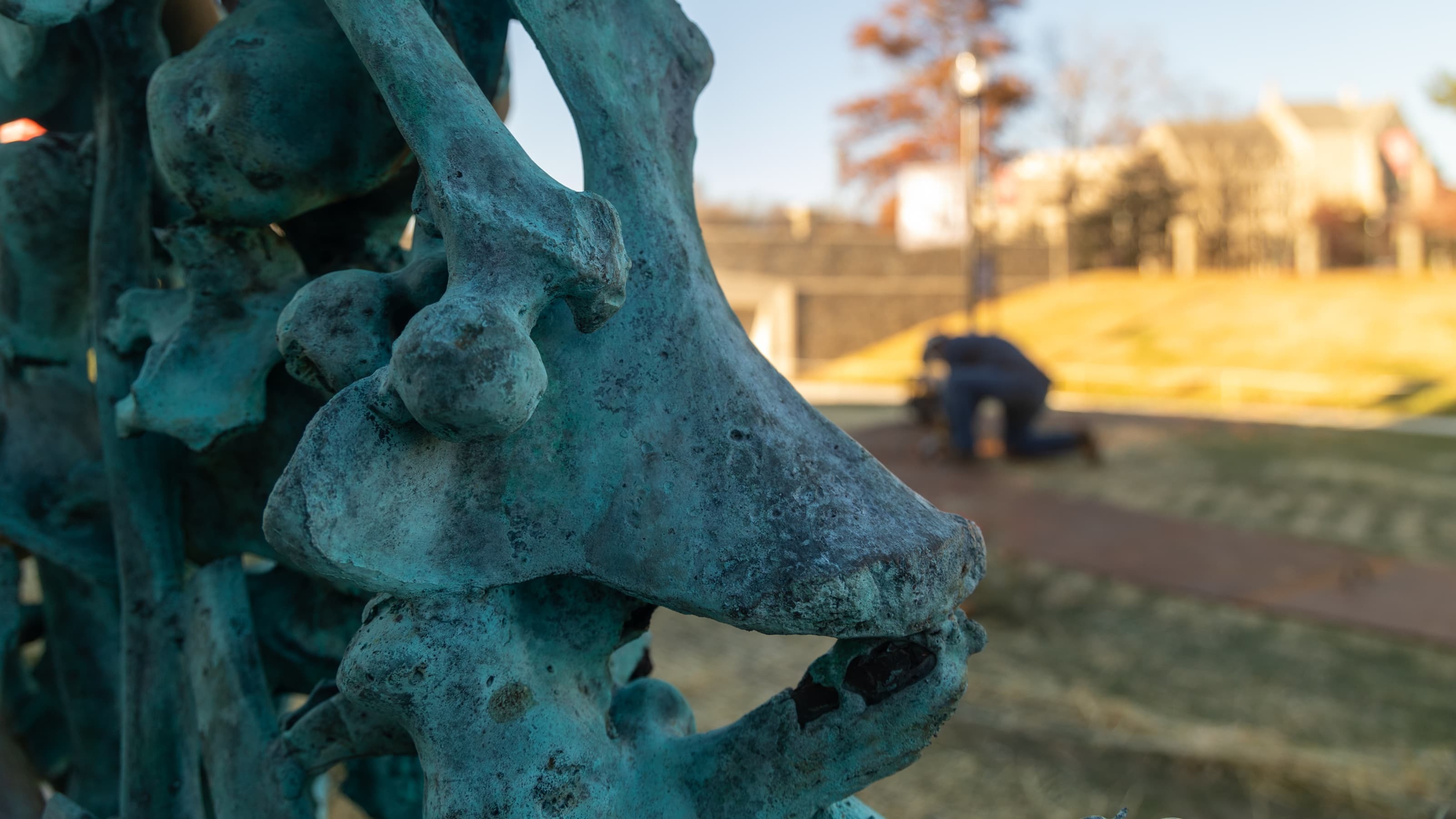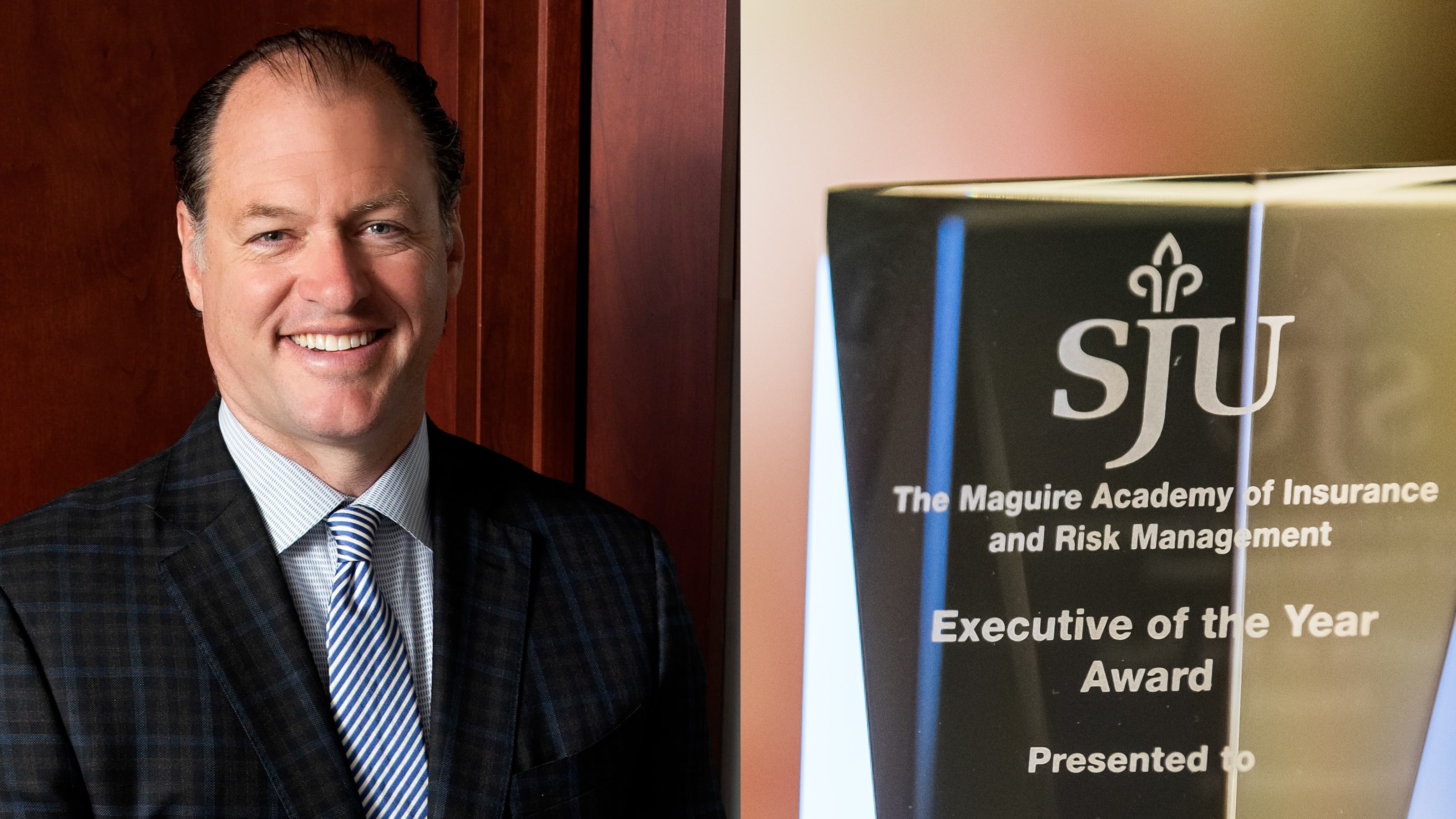Community Leader Set to Guide Inclusion and Diversity Efforts

After more than a decade as Saint Joseph’s assistant vice president for government and community relations, Wadell Ridley ’19 (MBA) is adding a new set of responsibilities to his portfolio, serving as interim chief diversity and inclusion officer.
In his new role, Ridley hopes to maintain the momentum that the University has built around implementing systemic change in the way that diversity, equity and inclusion are approached.
“What we’ve accomplished over the last year has been more than just a thought process,” says Ridley, who joined the Racial Bias Task Force in December. “This has been an action-oriented year.”
In the last year, the University has drafted an Inclusive Excellence Blueprint, revised its bias incident response protocol, revised community standards policies to specifically address the importance of inclusiveness, and introduced training for student and professional staff around cultural competency. Inclusion, equity and diversity are also being emphasized on every level of the academic enterprise, starting with faculty recruitment, hiring and orientation. Additionally, the Office of Teaching and Learning held a six-week faculty development seminar on incorporating diverse teaching practice into the classroom.
Even with all that has been accomplished, Ridley sees more that can and will be done.
“Our ultimate goal as a University should be to enhance each person’s sense of belonging, particularly those who have experienced marginalization,” he says. “Every individual on campus should feel comfortable that they are part of a greater whole.”
Achieving this goal will require continued action and conversations across campus. Ridley has set several priorities for the 2019-2020 academic year, including vetting the Inclusive Excellence Blueprint with the campus community and developing a progress report, which will be released at regular intervals to clearly communicate what is being done.
Ridley’s approach centers around personal interaction and open communication.
“Building a fully inclusive culture is difficult,” he says. “We have to be willing to have frank and honest conversations, even if they are uncomfortable. One of the most harmful forms of bias is unintentional bias: things that people do because they’ve always done them a certain way but that they’ve never realized create a situation where someone feels excluded or marginalized. We need to be able to tell each other when unintentional bias happens so we can learn from it.”
A resident of the Wynnefield neighborhood since the 1970s and a longtime member of former Philadelphia Mayor Michael A. Nutter’s staff, Ridley also wants to extend the University’s efforts out to the community at large.
“I want to share information with our neighbors that shows them the welcoming community we should and could be,” he says. “Inclusion, equity and diversity are not just something people talk about here. We take it very seriously, we’re prioritizing it, and we are committed to take the necessary steps to reach our goals."



